Modal verbs in academic papers in the field of tourism
Palabras clave:
corpus linguistics, modal verbs, academic language, tourism, pragmatic function.Resumen
The present study deals with modal verb meanings and variation concerning these verbs in a corpus of texts in the field of tourism. For this, we will use a compilation of article introductions and conclusions written in English and published in specialized leading journals on tourism. Modal verbs are important to evince the authors’ stance concerning the propositional content (Palmer, 2001; Biber, Johansson, Leech, Conrad & Finegan, 1999). Our main areas of concern are a) the modal meanings that are more likely to occur in the texts compiled, and b) the differences there are between the use of modal verbs in introductions and in conclusions in this respect. Research will be performed using corpus tools for text analysis and retrieval. Variation ratios will be evaluated according to a log-likelihood test in order to determine significance of variation according to whether specific modal meanings happen in the introductions or in the conclusions. Conclusions will include information regarding frequencies of occurrence, variation as to the modal meanings preferred per article section, i.e. introduction and conclusion, and the pragmatic functions developed by the use of modal verbs in these sections of the academic papers.
Descargas
Archivos adicionales
Publicado
Cómo citar
Número
Sección
Licencia
Aquellos autores que tengan publicaciones con esta revista, aceptan los términos siguientes:
- Los autores conservarán sus derechos de autor y garantizarán a la revista el derecho de primera publicación de su obra por medio de este documento de cesión de derechos de autoría, el cuál estará simultáneamente sujeto a la licencia de reconocimiento de Creative Commons que permite a terceros compartir la obra siempre que se indique su autor y su primera publicación esta revista.
- Los autores podrán adoptar otros acuerdos de licencia no exclusiva de distribución de la versión de la obra publicada (p. ej.: depositarla en un repositorio institucional o publicarla en un volumen monográfico) siempre que se indique la publicación inicial en esta revista.
- Se permite y recomienda a los autores difundir su obra a través de Internet (p. ej.: en publicaciones institucionales o en su página web) antes y durante el proceso de envío, lo cual puede producir intercambios interesantes y aumentar las citas de la obra publicada. (Véase el efecto del acceso abierto).










